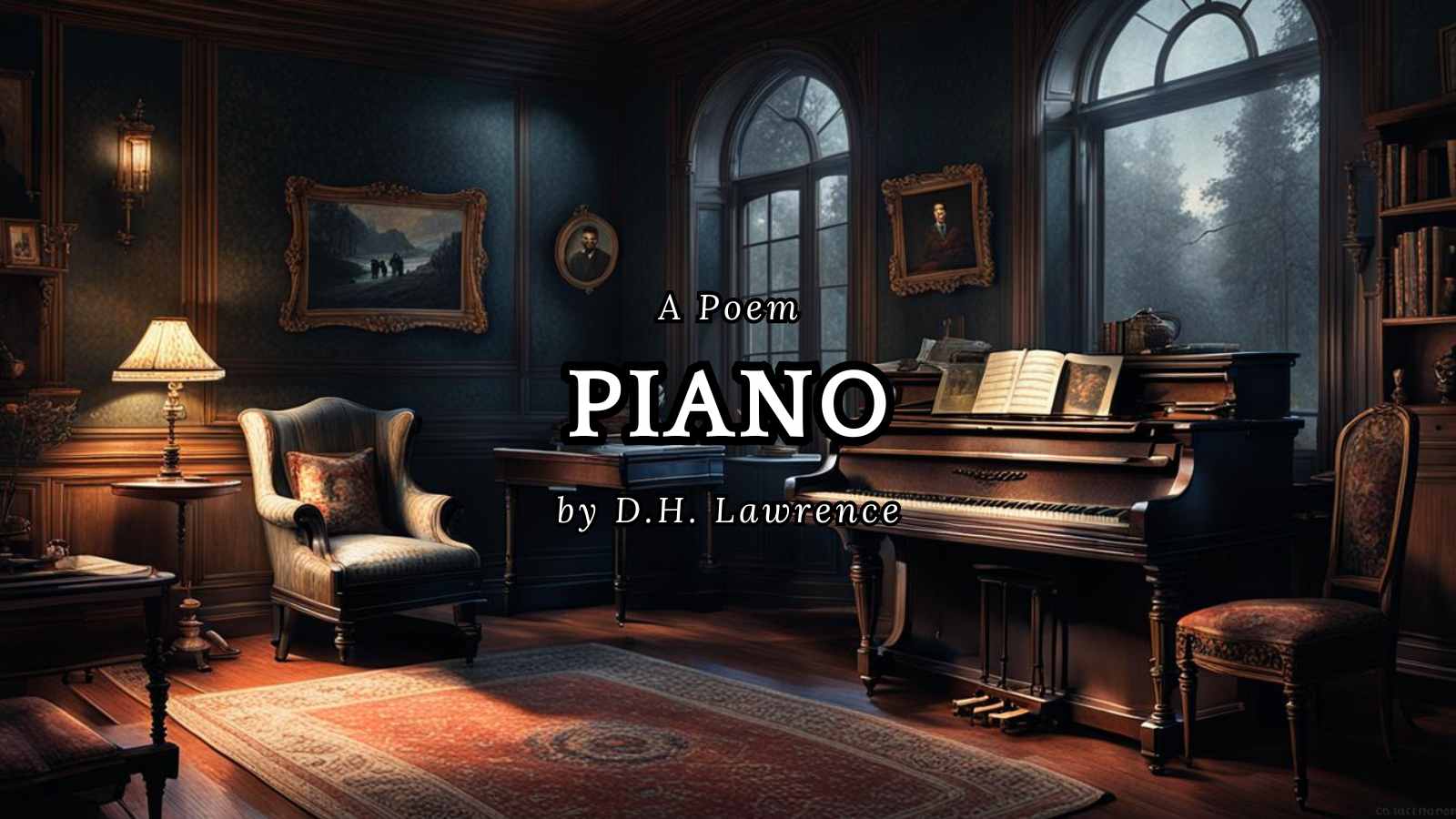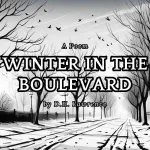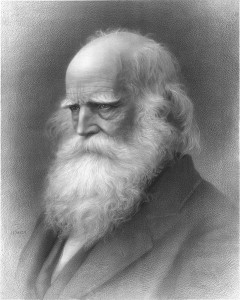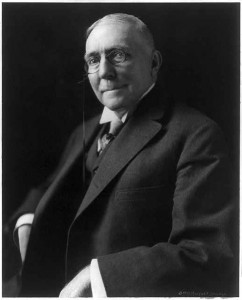
Piano
by D. H. Lawrence
Softly, in the dusk, a woman is singing to me;
Taking me back down the vista of years, till I see
A child sitting under the piano, in the boom of the
tingling strings
And pressing the small, poised feet of a mother who
smiles as she sings.
In spite of myself, the insidious mastery of song
Betrays me back, till the heart of me weeps to belong
To the old Sunday evenings at home, with winter
outside
And hymns in the cosy parlour, the tinkling piano
our guide.
So now it is vain for the singer to burst into clamour
With the great black piano appassionato. The
glamour
Of childish days is upon me, my manhood is cast
Down in the flood of remembrance, I weep like a
child for the past.
###
D.H. Lawrence (1885-1930) was an influential English writer, poet, and essayist. Born in Eastwood, Nottinghamshire, he was the son of a coal miner and a schoolteacher. Lawrence’s works often explored themes of emotional health, vitality, spontaneity, and instinct, causing many of his writings to be deemed controversial during his lifetime.
Some of his most famous works include the novels “Sons and Lovers” (1913), “The Rainbow” (1915), “Women in Love” (1920), and “Lady Chatterley’s Lover” (1928). The last of these was banned for obscenity in multiple countries for many years.
Lawrence was also known for his poetry, short stories, essays, and travel writing. He spent much of his adult life traveling the world with his wife, Frieda, seeking a more fulfilling way of life. His experiences greatly influenced his writing.
Despite facing censorship and criticism during his lifetime, Lawrence is now regarded as one of the most important and influential writers of the 20th century, known for his bold exploration of human nature, relationships, and sexuality in his works.
This story was originally published in 2010. We did significant updates to it in 2024.














